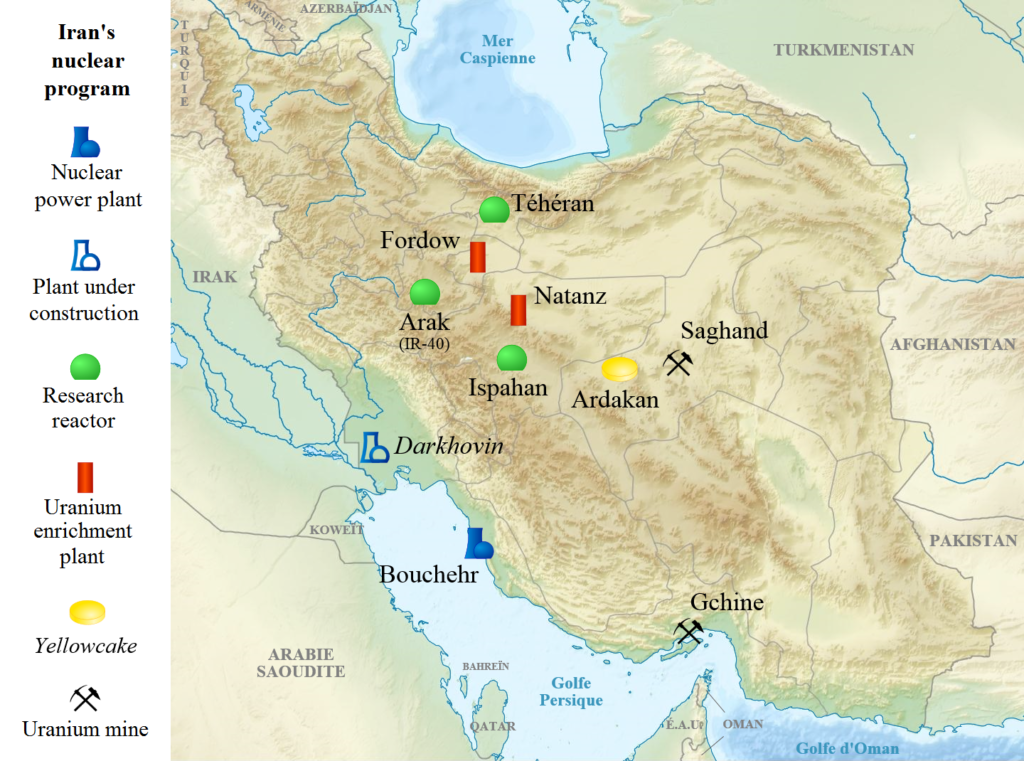Another gift from the world’s greatest dealmaker

When Donald Trump pulled out of the Joint Comprehensive Plan of Action (JCPOA), he claimed that Iran had “committed multiple violations of the agreement.” Trump argued that the JCPOA was such a bad deal “that even if Iran fully complies, the regime can still be on the verge of a nuclear breakout in just a short period of time” and argued that if If “we do nothing, we know exactly what will happen…. the world’s leading state sponsor of terror will be on the cusp of acquiring the world’s most dangerous weapons.”
In place of the JCPOA, the Trump administration opted for a policy of “maximum pressure” which proved a spectacular failure. The Biden administration sought to put the deal back together again, but the various parties have not been able to reach an agreement.
So how are things going?
The UN nuclear watchdog has confirmed Iran is enriching uranium to 60% at a second plant, amid the breakdown of the nuclear deal with major powers.
The International Atomic Energy Agency (IAEA) said on Tuesday that Iran was also planning a massive expansion of its enrichment capacity.
Iran said earlier on Tuesday that it had started to enrich uranium to 60% at the Fordo site, having already done so at its above-ground pilot plant at Natanz for more than a year.
The increased enrichment was seen as a significant addition to its nuclear programme. Enrichment to 60% purity is one short technical step away from weapons grade, 90%. Nonproliferation experts have warned in recent months that Iran has enough 60% enriched uranium to reprocess into fuel for at least one nuclear bomb.
What about the possibility of a compromise in the immediate future?
Yet western diplomats in Tehran say sitting at the negotiating table with Iran has become next to impossible if the Islamic republic continues to violently suppress large anti-regime demonstrations. At least 305 protesters, including 41 children, have been killed during the protests, Amnesty International has said. “We’re not close to getting a diplomatic path here. We still would vastly prefer that. But we are just too far apart,” Kirby said, adding that the current focus was on the way Iran was “treating their own citizens, peaceful protesters, which continue to come under violent attack by the regime”. Western governments fear a revival of the nuclear deal now could strengthen the hand of Tehran’s leadership, diplomats said, as it would include unfreezing billions of dollars of Iran’s assets overseas.
The terms of the JCPOA were so favorable to the U.S. that multiple nonproliferation experts in my orbit concluded that Iran wasn’t really interested in developing nuclear weapons. Trump ripped it up, in no small measure, because he hated having to routinely affirm a deal struck my his predecessor — and its made the world a more dangerous place.


